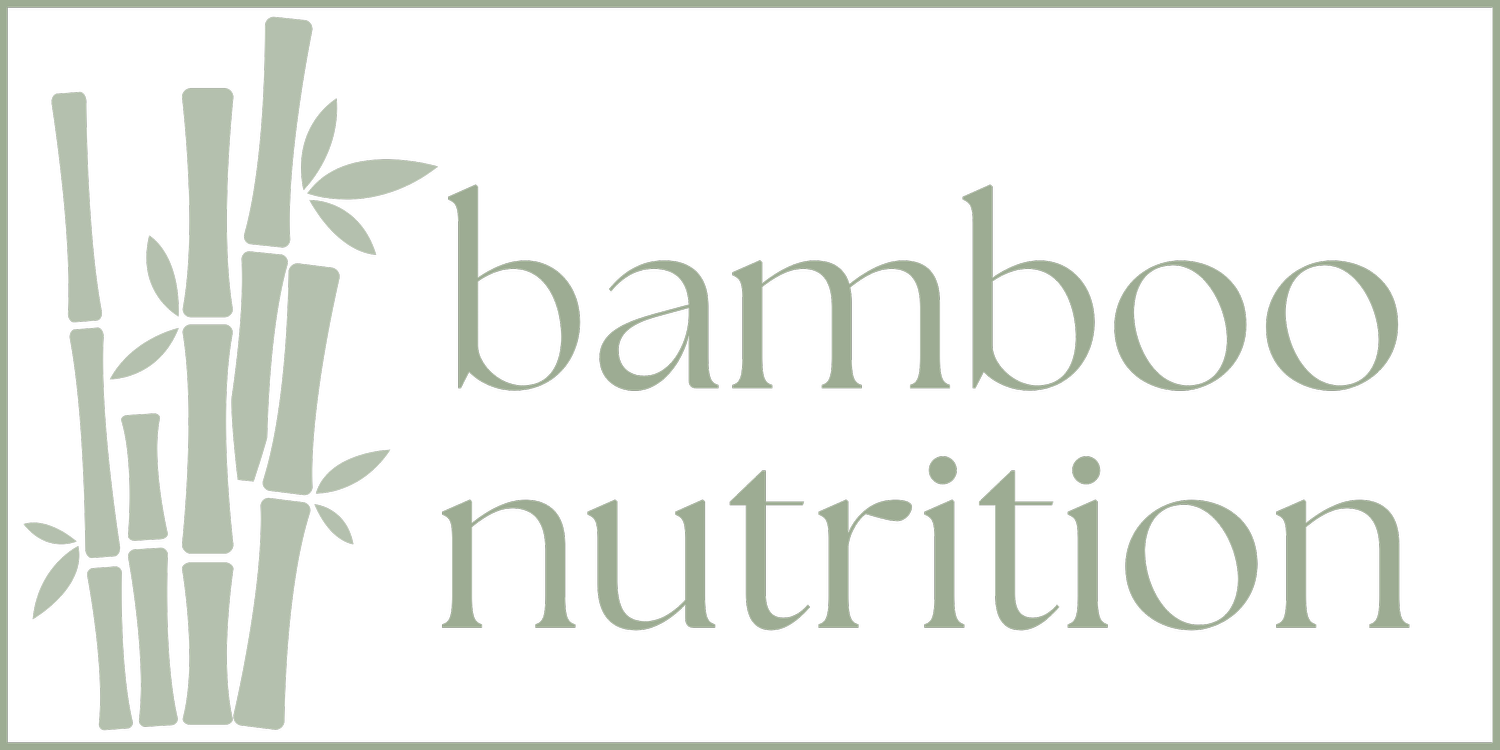“You’re the apple of my eye”“You’re so cute, I could just eat you up!”“There's nothing like Grandma’s cooking”“You’re sweeter than pie”Food is everywhere. Its in our stores, on our commute to work, people eat every day, its on our billboards, in our sayings, in songs and advertisements. Just like I tell my clients, the hardest part of seeing a dietitian when you are someone who is struggling in their relationship with food is having to face the fact that food is everywhere. It is hard to sit in a room with a dietitian and talk about food for the entire hour. Eating disorders and disordered eating is a huge burden on individuals. Food is not something you can escape, avoid or ignore.
I suppose some of you reading this could look out your window and see a restaurant, grocery store or food stand a stones throw away. The war we let our emotions set on food is a war without an ending. Spoil alert, your emotions will lose eventually.
Food is neutral. It is not intentionally trying to harm you, give you a chronic disease or alter all the work you put into changing or maintaining your appearance. Your emotions and beliefs that you cast on food is what is effecting those things. Food is actually trying to help you! To keep you alive, to feed your organs and keep you young. Food is not the enemy.
Food is the scapegoat. Society tells us over and over “carbohydrates will give you diabetes.” Or shouting diet statements at you such as “Lose weight quick by participating in a 20 hour fast!” - surely we all can understand the concept of starving ourselves by not eating for 20 hours can cause weight loss… because you’re not eating!! But does fasting work for everyone? Not really, no. Because no matter how hard we try to fight our biology, our body will do whatever it can to protect us and get the energy it needs during the other 4 hours your emotions allow it to eat.
Ok, i’m off my soapbox now.
You all know this. I’m not telling you anything new. I may be telling you something you don’t want to hear, and that is, you can not escape food.
But really! Why would you want to escape food?! How amazing and easy life would be if you could walk into Panera and not immediately have to think about calories, what else you ate today, what is the “cleanest”, what is balanced, etc. I have had almost everything on Panera’s menu and I can tell you, you will survive. Your body is much stronger, much more resilient than you think. When was the last time you gave your body the chance to prove to you it can handle all the foods in the world? (Minus those with allergies of course :P).
Think of your body as the sweet, precious child you are too afraid to let grow up. Would you starve that child? Keep them isolated and unable to try new things? Eventually all you are doing is causing the child more harm in the long run. Give the child some of their own control. Its ok to start small so you can learn one step at a time that the child can handle the power it is given. Eventually the trust will come and the burden will be lifted from your shoulders. Your relationship with the child will be that much stronger and trust will come easily.
If this is too hard to do on your own, that is where a dietitian, a therapist, a doctor, significant other, etc. comes into play. Everyone needs support and that is what we are here to provide. To help your body win the war.
Food may feel like the enemy right now, and that’s ok. But you can’t escape it, so lets first learn how to live with it.






